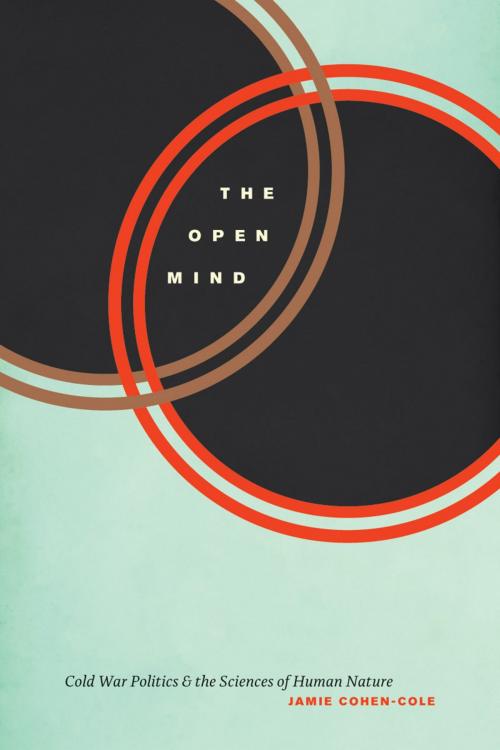The Open Mind
Cold War Politics and the Sciences of Human Nature
Nonfiction, Science & Nature, Science, Other Sciences, History, Americas, United States, 20th Century| Author: | Jamie Cohen-Cole | ISBN: | 9780226092331 |
| Publisher: | University of Chicago Press | Publication: | January 21, 2014 |
| Imprint: | University of Chicago Press | Language: | English |
| Author: | Jamie Cohen-Cole |
| ISBN: | 9780226092331 |
| Publisher: | University of Chicago Press |
| Publication: | January 21, 2014 |
| Imprint: | University of Chicago Press |
| Language: | English |
The Open Mind chronicles the development and promulgation of a scientific vision of the rational, creative, and autonomous self, demonstrating how this self became a defining feature of Cold War culture. Jamie Cohen-Cole illustrates how from 1945 to 1965 policy makers and social critics used the idea of an open-minded human nature to advance centrist politics. They reshaped intellectual culture and instigated nationwide educational reform that promoted more open, and indeed more human, minds. The new field of cognitive science was central to this project, as it used popular support for open-mindedness to overthrow the then-dominant behaviorist view that the mind either could not be studied scientifically or did not exist. Cognitive science also underwrote the political implications of the open mind by treating it as the essential feature of human nature.
While the open mind unified America in the first two decades after World War II, between 1965 and 1975 battles over the open mind fractured American culture as the ties between political centrism and the scientific account of human nature began to unravel. During the late 1960s, feminists and the New Left repurposed Cold War era psychological tools to redefine open-mindedness as a characteristic of left-wing politics. As a result, once-liberal intellectuals became neoconservative, and in the early 1970s, struggles against open-mindedness gave energy and purpose to the right wing.
The Open Mind chronicles the development and promulgation of a scientific vision of the rational, creative, and autonomous self, demonstrating how this self became a defining feature of Cold War culture. Jamie Cohen-Cole illustrates how from 1945 to 1965 policy makers and social critics used the idea of an open-minded human nature to advance centrist politics. They reshaped intellectual culture and instigated nationwide educational reform that promoted more open, and indeed more human, minds. The new field of cognitive science was central to this project, as it used popular support for open-mindedness to overthrow the then-dominant behaviorist view that the mind either could not be studied scientifically or did not exist. Cognitive science also underwrote the political implications of the open mind by treating it as the essential feature of human nature.
While the open mind unified America in the first two decades after World War II, between 1965 and 1975 battles over the open mind fractured American culture as the ties between political centrism and the scientific account of human nature began to unravel. During the late 1960s, feminists and the New Left repurposed Cold War era psychological tools to redefine open-mindedness as a characteristic of left-wing politics. As a result, once-liberal intellectuals became neoconservative, and in the early 1970s, struggles against open-mindedness gave energy and purpose to the right wing.















